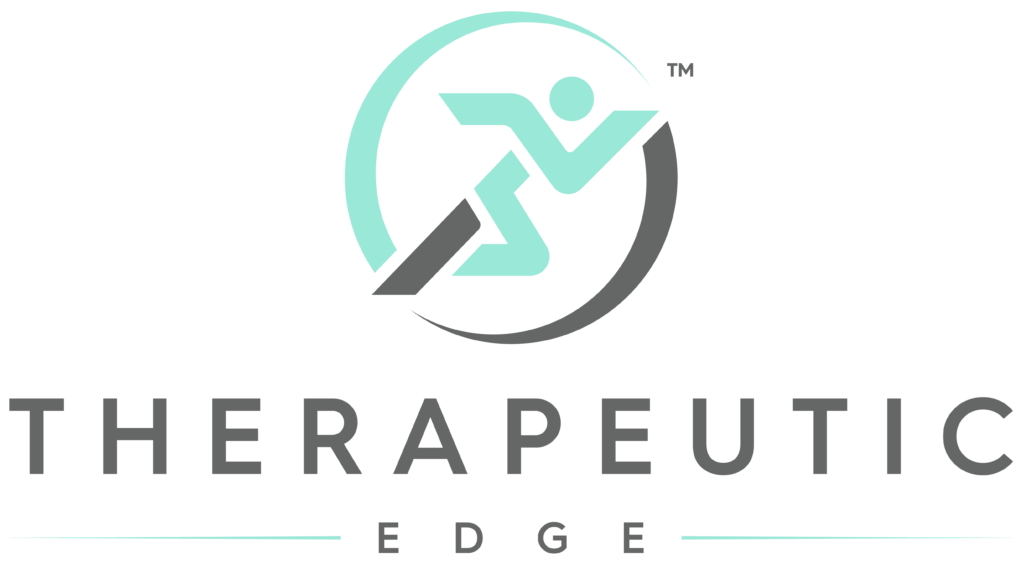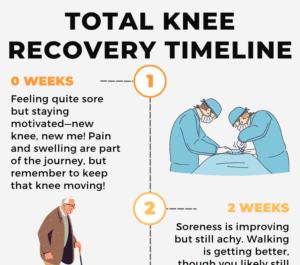For those facing revision knee surgery, the process can feel daunting. Unlike the initial knee replacement, a revision surgery is more complex and requires a specialized approach. Whether due to wear and tear, infection, or other complications, revision surgery aims to restore function, reduce pain, and address issues with the original implant. Here’s everything you need to know about revision surgery, how it differs from your first procedure, and what to expect during recovery.
What Makes Revision Surgery Different from the First Knee Replacement?
1. Larger Incision for Access
Unlike your first surgery, revision surgery often requires a larger incision. This is necessary to access and carefully remove the existing implant. Scar tissue from the previous procedure can add complexity, making the process more time-intensive.
Analogy: Think of it like renovating an old house. Before adding new fixtures, you need to carefully remove the old ones, often uncovering unexpected challenges.
2. Specialized Implants for Stability
Revision implants are designed to address the unique challenges of a second surgery.
-
Larger and More Durable: These implants are typically larger than the original ones to accommodate bone loss or instability.
-
Added Support: Many include extended stems or rods that anchor into the thigh and shin bones, providing stability much like deeper footings stabilize a house on soft soil.
Why It Matters: These specialized designs ensure the new joint can handle the demands of daily activities while reducing the likelihood of future complications.
3. Longer Procedure Times
A revision knee surgery often takes significantly longer than the original operation.
-
Removing the Old Implant: Extracting the previous implant without damaging the surrounding bone requires precision.
-
Bone Preparation: Preparing the joint for the new implant is more intricate due to changes in the bone structure over time.
Impact: While the longer surgery time adds complexity, it also underscores the importance of choosing a surgeon experienced in revision procedures.
4. Higher Risk of Complications
With any additional surgery, the risks of complications increase. These may include:
-
Infection: Scar tissue and the presence of an implant increase susceptibility.
-
Blood Clots: Prolonged immobilization post-surgery elevates clot risk.
-
Implant Loosening or Instability: Revision surgeries aim to correct these issues, but the risks remain higher than during a first-time replacement.
Preventive Steps: To minimize risks, follow your surgeon’s instructions on wound care, early mobilization, and prescribed medications.
5. More Restrictions During Recovery
Recovery after revision surgery often involves stricter guidelines to protect the new implant.
-
Weight-Bearing: You may be required to limit weight on the joint for a longer period compared to your initial surgery.
-
Range of Motion: Early restrictions may be placed to prevent stress on the new joint.
-
Physical Therapy: Rehabilitation is essential but may progress more cautiously to ensure proper integration of the implant.
Takeaway: While recovery may take longer, adherence to these guidelines is critical for long-term success.
Therapeutic Edge
-
Choose an Experienced Surgeon: Look for an orthopedic specialist with extensive experience in revision procedures. Their expertise can significantly improve outcomes.
-
Understand the Risks and Benefits: Discuss your specific case with your surgeon, including the reasons for revision and what to expect during recovery.
-
Optimize Your Health: Address any health conditions, such as diabetes or obesity, that could complicate surgery or recovery.
-
Prepare Your Home: Arrange for mobility aids, such as a walker or raised toilet seat, to make daily activities easier during recovery.
-
Commit to Rehabilitation: Engage fully in your physical therapy program to regain strength, flexibility, and function.










